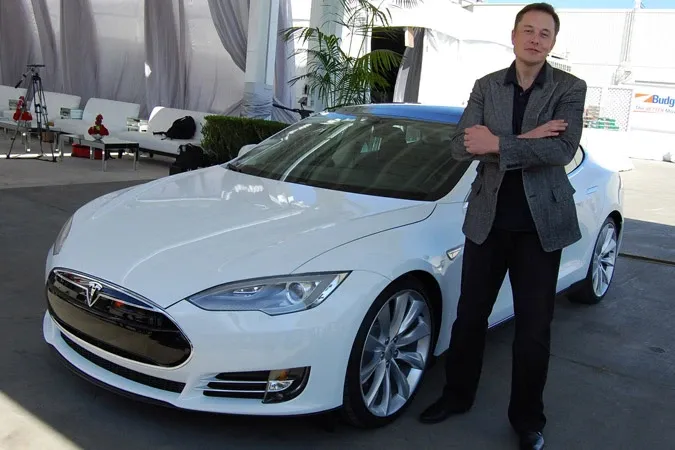Cloud Pushes Another Good Results for Microsoft
Microsoft posted another solid report for 1Q24.

Elon Musk tamped down expectations about Space Exploration Technologies’ new rocket designed to carry private citizens into space, saying whoever chooses to be among the first passengers will need to be brave, according to Bloomberg
The SpaceX Falcon Heavy, a rocket with two extra boosters attached and a total of 27 engines that must fire simultaneously, will have enormous stresses and has been difficult to test on the ground, Musk said. He jokingly urged attendees of a conference on the International Space Station to watch the first attempted launch.
SpaceX has an ambitious agenda for the cosmos in coming years. The company began taking deposits from private citizens for a trip around the moon on the Falcon Heavy rocket. And it is working with NASA to carry astronauts to the International Space Station. But the company has only transported cargo so far, and Musk said shifting to carrying passengers is “a huge step up.“
Getting certified to carry NASA astronauts has been a challenge for SpaceX, as there is a much higher bar than transporting hardware for the agency, Musk said. He called NASA’s oversight for "really tough" but justified because of the potential risks to humans. "It’s the right motivation,“ he said.
SpaceX and NASA are now working through some “small technical bones of contention" for certification to carry passengers, he said. Meanwhile, the U.S. Federal Aviation Administration, which regulates commercial space flight separately from NASA, hasn’t yet set certification standards for carrying private citizens for hire.
The company continues its attempts to reuse more of its rockets and launch equipment, a more-efficient approach that has been the biggest innovation in space flight in recent years. SpaceX has successfully landed its rocket boosters and used them again. It’s now "quite close" to being able to reuse the fairing that clamps over the rocket’s payload, a relatively light-weight aerodynamic cover, Musk said. The fairing costs between $5 and $6 million.